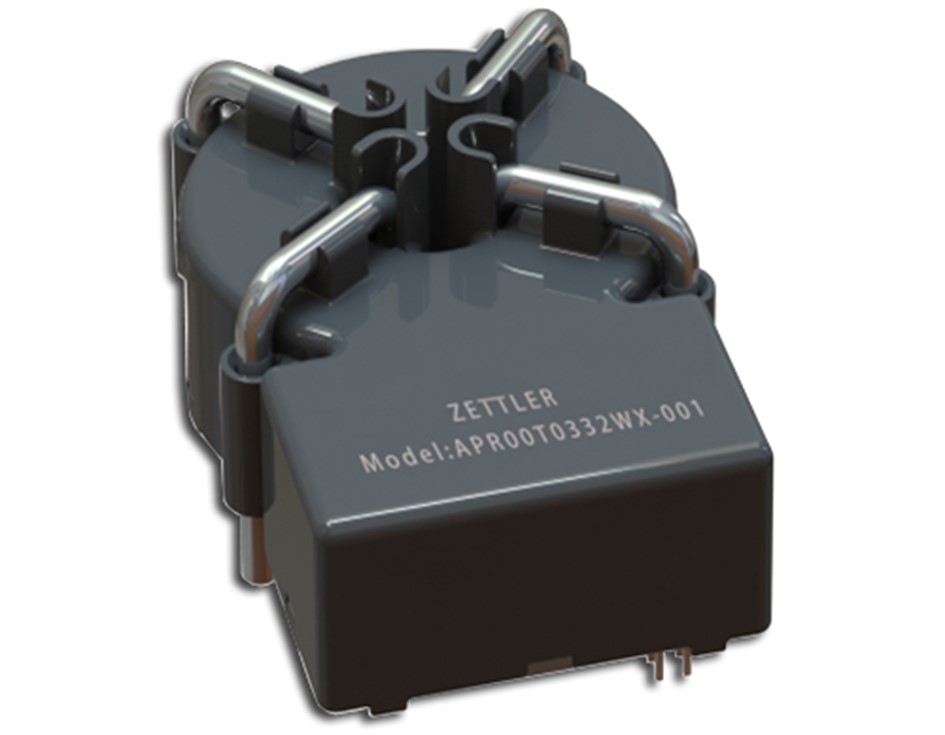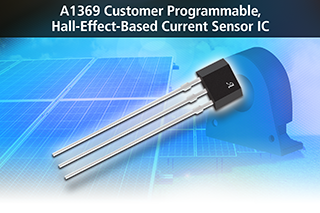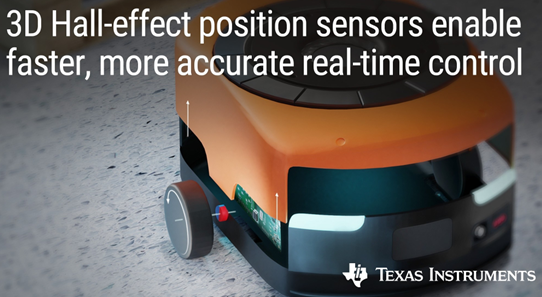
Zettler Magnetics Europe has developed a series of EV-RCD modules for electric vehicle chargers that adopts the principle of detecting differential current by the response of specific amorphous cores to tiny magnetic field changes. They provide a new option with leakage protection for design engineers of Mode 2 and Mode 3 EV chargers under European standards.
With the rapid growth of the EV market, the demand for chargers has been increasing commensurately, with AC chargers capturing the mainstream of the market. Generally, EV charging current power ranges from a few kilowatts up to tens of kilowatts with safety protection being a critical requirement. Many countries have put forward corresponding safety regulations, especially governing leakage protection.
In EV charging, a large number of AC-DC conversion circuits exist, so if a leakage fault occurs there will be not only Type AC and pulsating direct residual current but also DC residual current and smooth DC residual current generated by two-phase/three-phase rectification and filtering. As a result, the capability to detect both AC residual current and DC residual current is required.
Leakage detection mechanism
The leakage detection mechanism in the modules adopts the principle of detecting differential current by the response of specific amorphous cores to tiny magnetic field changes, the company explains. When an electrical system is working perfectly, the vectorial sum of the currents on all current-carrying conductors of a supply line is equal to zero, and thus there is no magnetic field around the supply line. If a residual current does occur and is drained outside of the supply line via an object or the ground due to an insulation fault, a differential current greater than zero will exist.

The new modules use an amorphous core with a high remanence ratio and integrates a self-excitation oscillation circuit to generate periodic oscillation. When the differential current passes through the core, the magnetic field would change, resulting in the variation on the oscillation waveform accordingly. They determine the differential current value and the type through the comparison of waveform variation and feedback AC and DC leakage signal correspondingly when the value exceeds the limitation of safety standard.
Based in Puccheim, Germany, Zettler Magnetics Europe is a Zettler Group division that application engineering, sales, distribution and customer service in the EMEA region for a wide variety of transformers and magnetics components. See www.zettlermagnetics.eu and www.zettlerelectronics.com.



